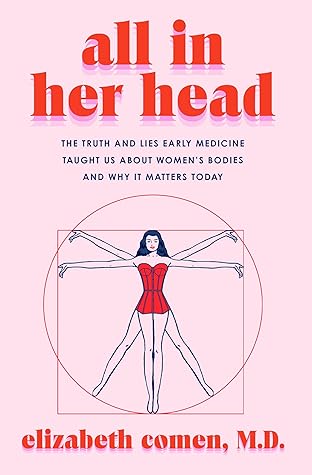In 1929, the year that Bertha Hunt sparked a mini revolution by lighting up at the Easter Day Parade, the notion that cigarettes represented liberation from the sexist days of yore was not entirely unfounded. Smoking was still considered an unseemly activity for women to engage in, a form of spiritual and moral corruption. In some places, including New York City, local governing bodies passed bills and ordinances that made it illegal for a woman to smoke in public—or even in the privacy of her own home if she had children. If this was bad news for women’s autonomy in the eyes of the law, it
...more
This highlight has been truncated due to consecutive passage length restrictions.


